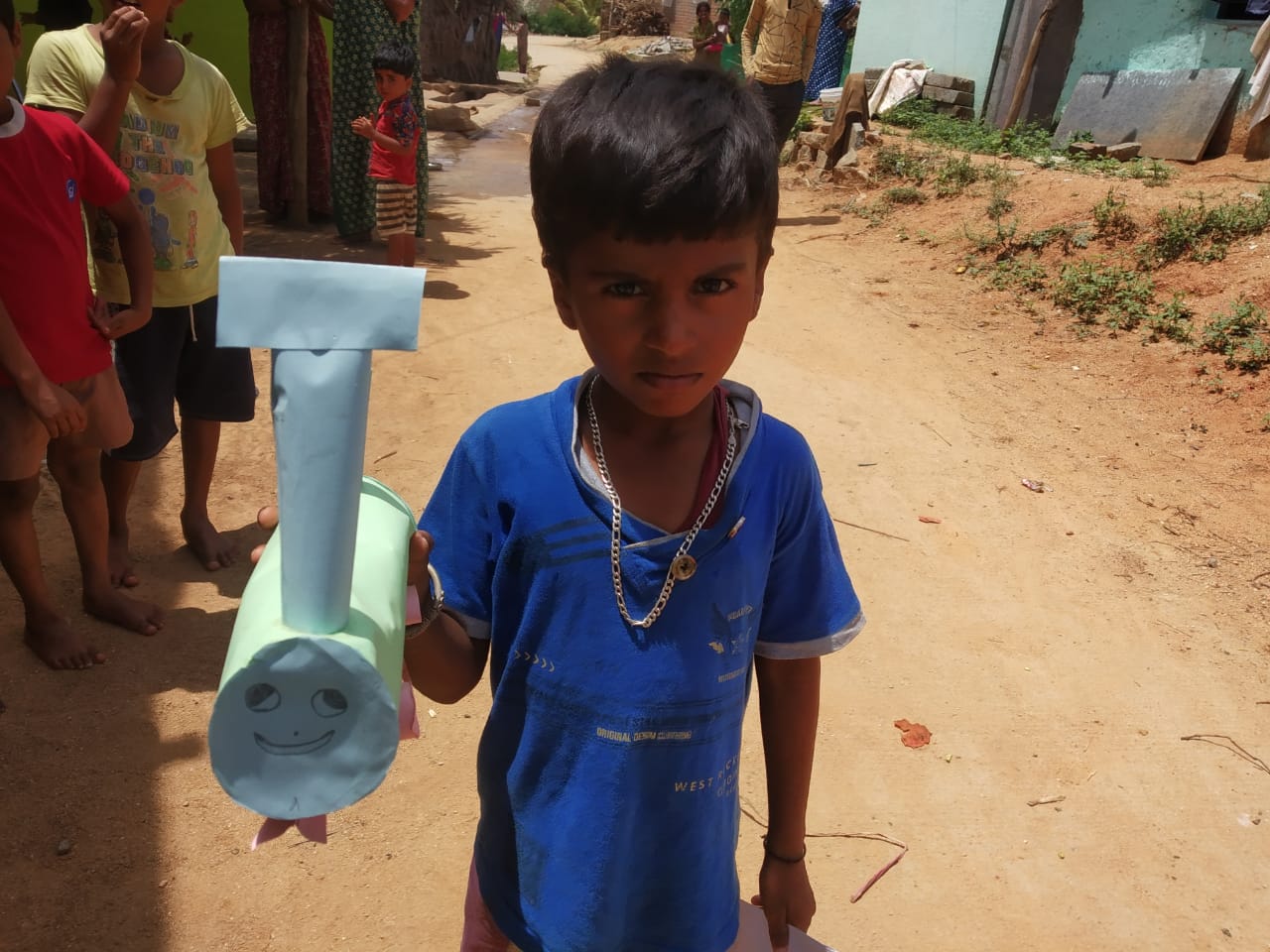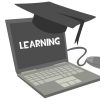Donate unused devices to help bridge the digital divide
Akhila Damodaran
As many students in suburban and rural Karnataka are lagging behind their urban peers because of their inability to access online learning due to non-availability of digital devices, Bangalore-based non-profit organisation Headstreams recently started an initiative to collect unused smart phones, tablets or laptops from the public.
To help bridge the digital divide, volunteers have signed up to create online content, both in Kannada and English on the app Moodle, a learning management system, focusing mainly on the age group of 10 years to 24 years that include middle and high school students. The courses focus on life skills, academic and practical learning that include astronomy, basics of coding, geography, financial literacy and maths. The team plans to build the largest content base and free open learning courses for volunteers and educators from other states to translate the content into their respective regional languages and use it for online teaching-learning solutions.
Recommended: MHRD issues guidelines for online classes by schools
Dr Naveen I Thomas, co-founder of Headstreams says, “If you travel 30 km away from Bangalore city, you will note that most students do not have access to online learning. They are struggling to continue their education. The demand is more among older students as well who have completed PUC or dropped out of school or colleges. They have been showing interest in our courses to learn something new sitting at home.”

The 12-year-old NGO has been working towards providing play-based learning in science and English for children from economically weaker sections of the society in 43 government schools. “When the lockdown was announced, we started with food relief programmes. We then started working on online content for the students a month and a half ago. We have trained 18 volunteers, whom we call Open Learning Champions (OLC) so far to develop content. They are students, working professionals and home makers. They upload content online or save them on the devices and give to a learner. Once the learner completes the course, the device is then passed on to another learner,” he says adding that over 1,500 students have already signed up for their programme and they are targeting to reach at least 10,000 students in the next few months.
Headstreams has partnered with Bundli — an organisation which works towards recycling e-waste for the programme. They aim to collect at least one device for 10 learners. The team initially collected laptops from their friends and families and made a public announcement two days ago to collect more devices, both working and defective. They say the response has been good. “We are receiving calls from Mumbai, Kerala, Hyderabad and Mysore saying that they have spare devices that they would like to donate,” he says.
If you wish to donate your laptops/tablets/smart phones, fill in the form at https://budli.in/devicetodream or contact Naveen at 80959 62200.
















Add comment